Top 10 most popular dogs in Canada in 2025
Canada's most beloved dog breeds
Canada's dog population is close to 8 million. This figure is still lower than in the United States, but seems high given the country's low human density.
With over 200 dogs per 1,000 inhabitants, Canada has one of the highest ownership rates in the world. dogs in the world. It even surpasses France in this respect.
Dogs play an essential role in the lives of many Canadian households. They're often considered family members, not just pets.
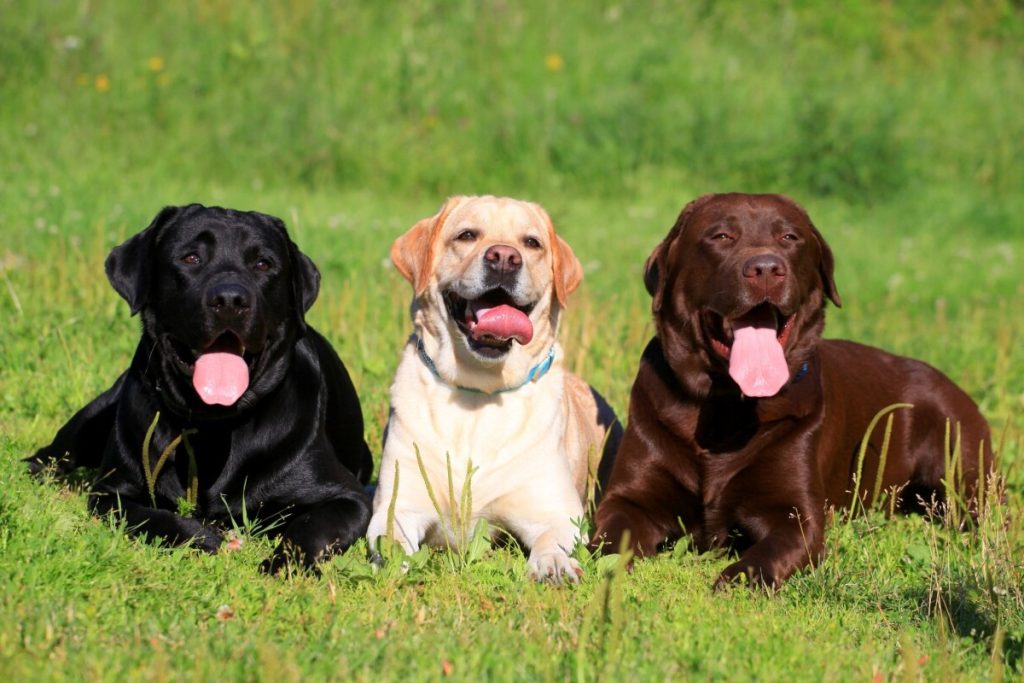
Dog breeds play a central role in this landscape. Unlike cats, which are often the result of cross-breeding, many dogs here belong to well-defined breeds.
Families often adopt pet dogs for their sociability and ability to adapt to family life. The origins of our favorite breeds vary, but some have really found their place in Canadian culture.
Canadian homeowners also look at criteria such as life expectancy, the sizethe weightand the ease ofmaintenance oreducation.
The Canadian Kennel Club (CKC) plays a key role. It manages the official registry of purebred dogs and guarantees lineage traceability. When you register a dog with the CKC, you receive an official pedigree.
Here are some of the most frequently used criteria:
| Criteria | Importance for families |
|---|---|
| Dog breeds | Preference for certain breeds |
| Life expectancy | Looking for long-lasting companions |
| Size and weight | Lifestyle adaptation |
| Character | Compatibility with children |
| Maintenance | Easy to maintain |
| Education | Demand for easy-to-train dogs |
| Agility | Appreciation for active dogs |
Clearly, the choice of a dog in Canada blends cultural preferences with practical needs. The dog thus finds a real place in everyday life.
The Labrador Retriever
Labrador occupies a special place in Canada. For decades, it has been a family favorite.

Although its name evokes Labrador, the breed's origins lie on the island of Newfoundland. British breeders later perfected the breed, and it is now recognized as an English breed.
Labradors seduce with their loyalty, intelligence and adaptability. They are often described as obedient, patient and very sociable.
Thanks to their versatility, they are equally at home as family dogs or in specialized roles such as guide dogs or rescue dogs.
Originally, Labradors accompanied hunters to retrieve prey that had fallen into the water or countryside. In fact, "retriever" means "bringer" in English.
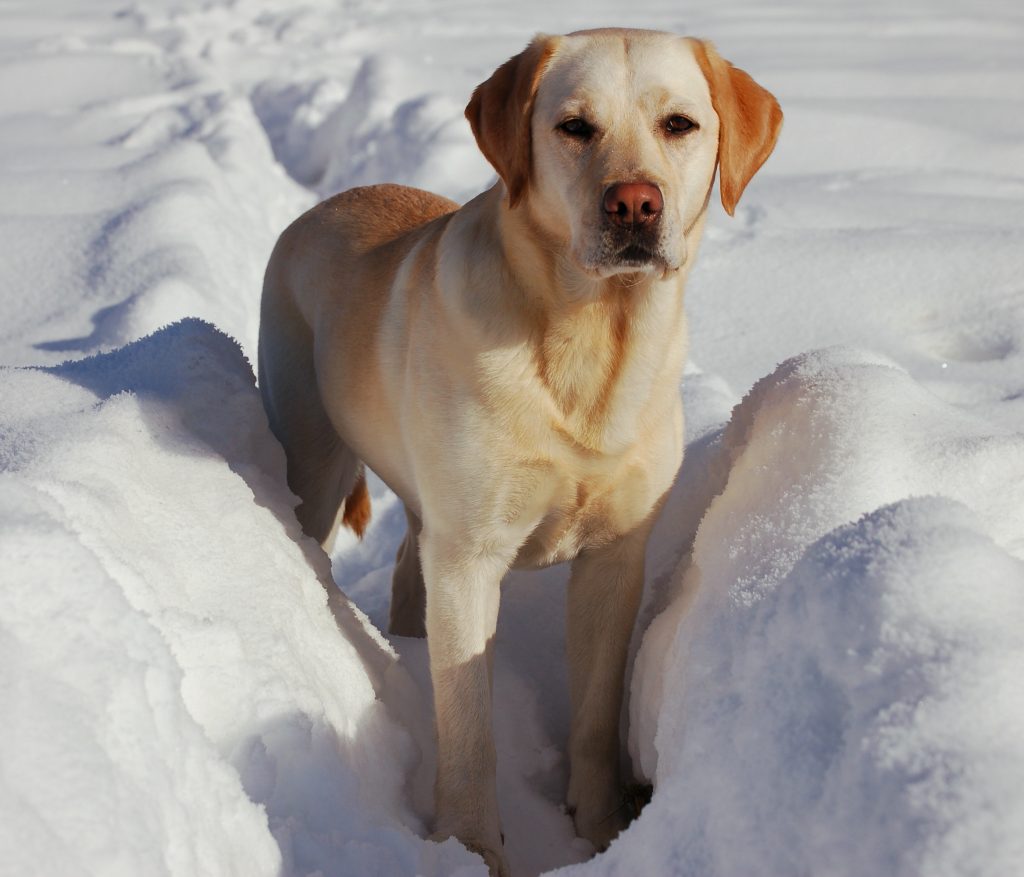
Main characteristics of the Labrador Retriever :
| Features | Description |
|---|---|
| Origin | Newfoundland / England |
| Size | Medium to large |
| Temperament | Gentle, loyal, sociable |
| Use | Company, work, hunting |
Its stable character and intelligence make it a safe choice for families with children or for those who want to try their hand at dressage. His success doesn't surprise anyone, frankly.
The German Shepherd
The German Shepherd remains one of the most popular breeds in Canada and beyond. Statistics often place it among the most registered dogs.
Its versatility and intelligence are quickly recognized. Originally, they guarded and protected flocks.
Today, he's much sought-after by law enforcement agencies and the army for his flair and skills in specialized tasks.
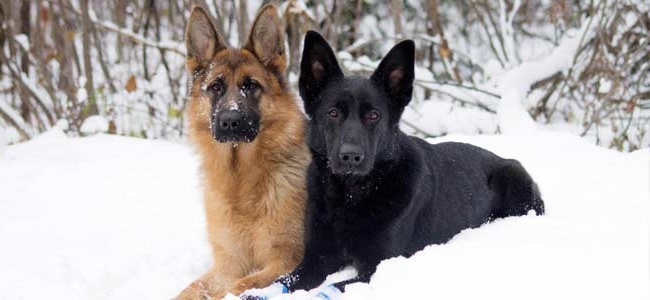
Important points about German Shepherds :
| Features | Description |
|---|---|
| Origin | Germany |
| Initial use | Herdsman |
| Common use | Police, army, family |
| Main features | Intelligent, courageous, loyal |
| Other advantages | Good nose, easy to train |
His loyalty and bravery also open doors to the cinema and television. In the family, he's devoted, perfect for active households.
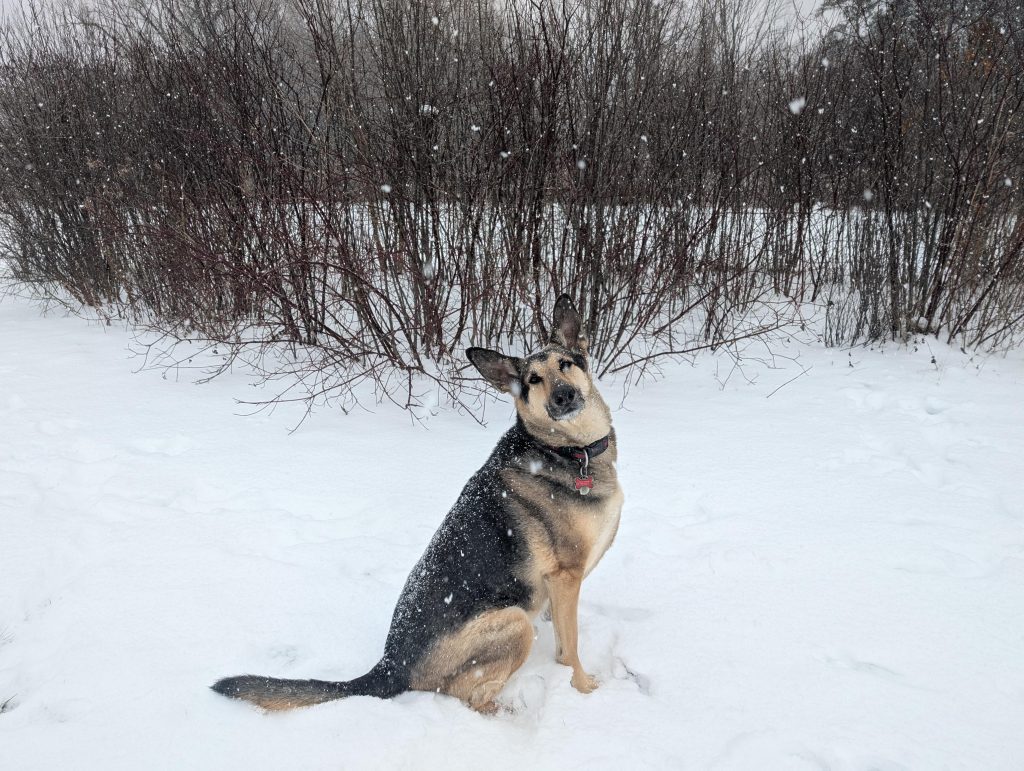
About the Golden Retriever
The Golden Retriever is one of Canada's most beloved dogs. They often top popularity polls.
Originally from Great Britain, he was originally bred for hunting. Today, he's best known as an attentive companion.
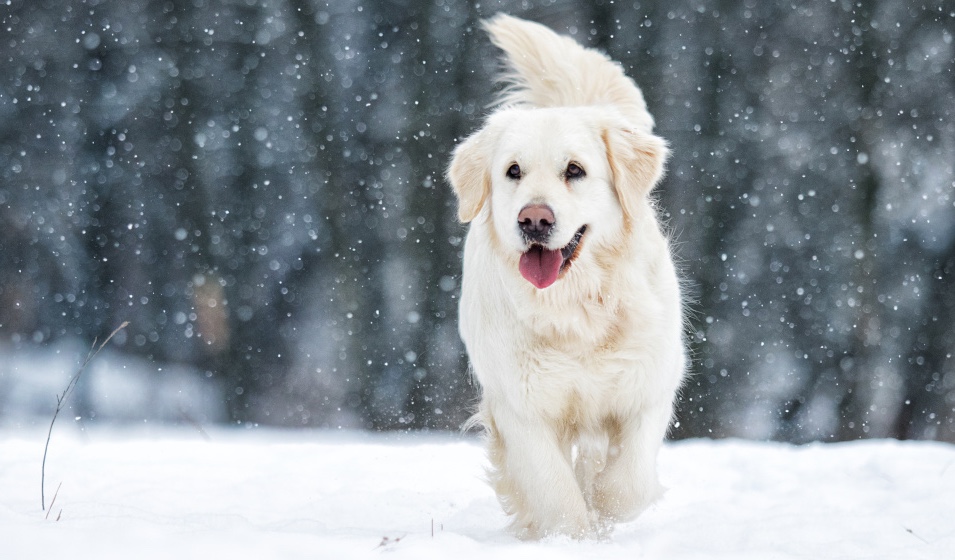
We appreciate his kindness, playful nature and ability to get along with children and other animals. It shares many traits with the Labrador, which can sometimes lead to confusion.
Quick overview :
| Quality | Description |
|---|---|
| Temperament | Sociable, affectionate |
| Applications | Company, help, hunting |
| Ranking in Canada | Top 3, often 2nd or 3rd |
Golden Retrievers often support people in difficulty. He brings warmth and comfort with his open attitude.

The Poodle
The Poodle is one of Canada's most popular breeds. Originally from France, they were once used to hunt waterfowl.
Nowadays, it's mostly adopted for its loyal, affectionate nature. Frankly, who can resist that intelligent look?
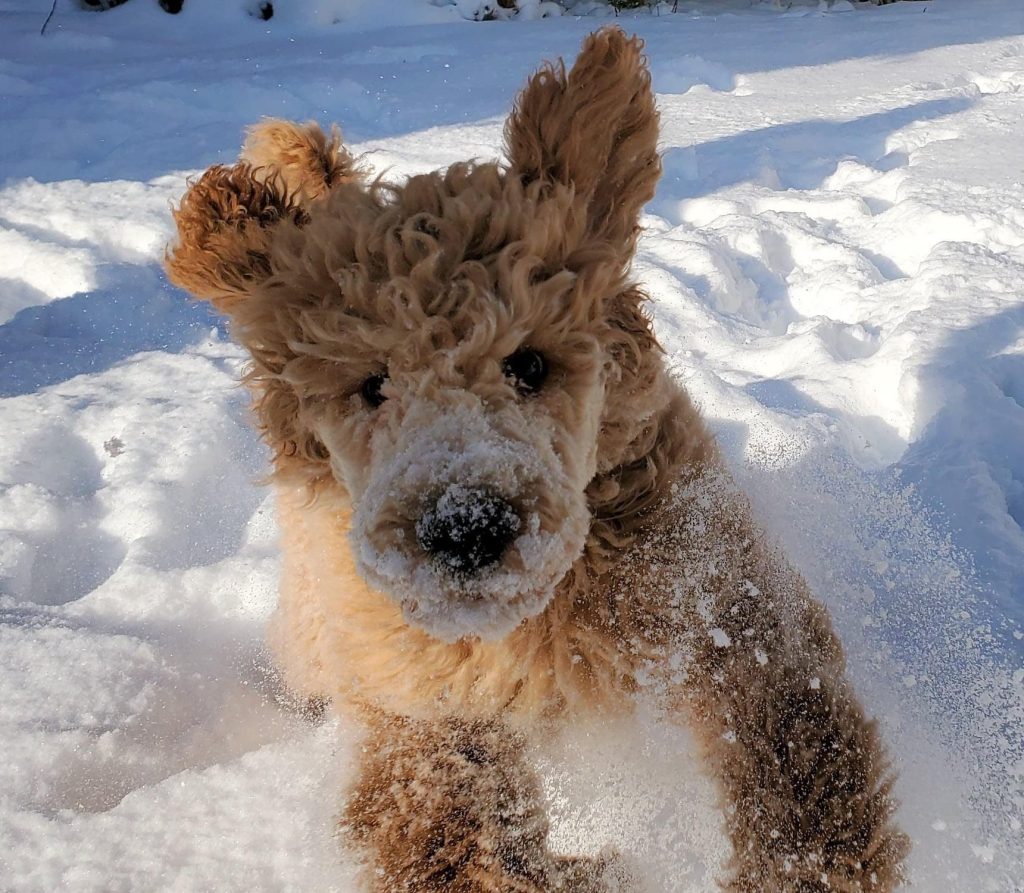
Poodle's main qualities :
- Highly intelligent
- Ease of adaptation
- Gentle and friendly temperament
- Suitable for families and singles alike
| Features | Description |
|---|---|
| Origin | France |
| Company | Companion dog |
| Size | Varied (Small to Large) |
| Environment | House, apartment |
The Poodle adapts easily to city life, but also enjoys the great outdoors when given the chance. Its elegance and loyalty have won over many Canadian families.

The Shetland Sheepdog
The Shetland Sheepdog is one of Canada's favorites. It often reached the top 5 or 6 of favorite dogs according to the Canadian Kennel Club in the 2010s.
This is less the case elsewhere in the world. Originally from the Shetland Islands in the north of the UK, he herded and drove cattle.
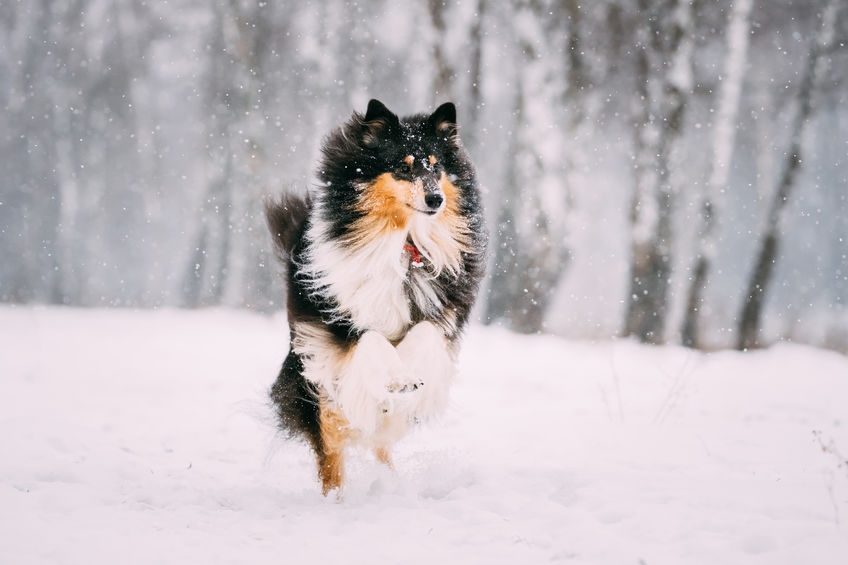
They remain smaller than other sheepdogs, but are agile and full of energy. Today, other breeds are sometimes chosen for herding work, especially with larger animals.
Main qualities of the Shetland Sheepdog :
- Attentive vigil He barks to indicate what he considers a threat.
- Faithful companion He loves the presence of his human family.
- Good for obedience and agility He excels at many dog sports.
| Country | Popularity |
|---|---|
| Canada | Very high |
| Other countries | Weaker |
Its versatility and family-friendly temperament explain why it is so popular in Canada.
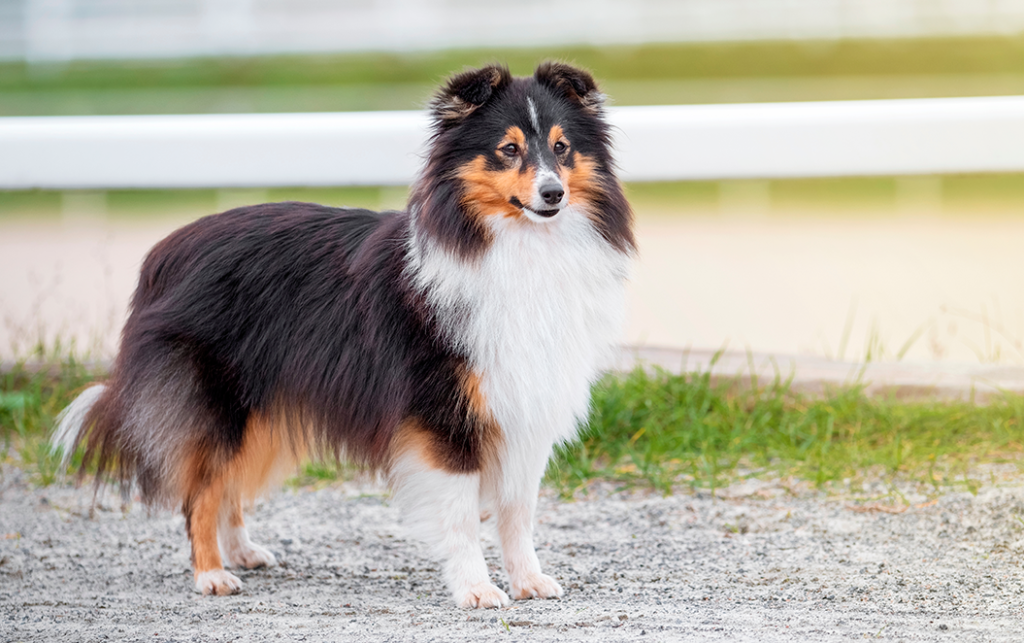
The French Bulldog
The French Bulldog is attracting more and more Canadian families. This little dog from Paris stands out for its compact size and unique look.
He's still much smaller than the English Bulldog, which makes life in the city easier. Frankly, it's hard not to fall for him.

Key features :
| Origin | France (Paris) |
|---|---|
| Weight | 8 to 14 kg |
| Character | Cheerful, friendly, calm |
| Size | Small |
Unlike other bulldogs, he was never bred for fighting. Its popularity stems mainly from its sociable temperament and small size.
It loves human company and is often playful. However, it is important to keep an eye on its health.
Like many dogs with flat snouts, they don't take well to heat and intense effort. It's best to avoid tiring him, especially in summer.
Le Bichon Havanais
The Havanese is one of Canada's most popular breeds. Originally from Cuba, it remains the only Cuban breed still in existence today.
The Havanese has often topped the Canadian Kennel Club rankings, especially between 2013 and 2020.
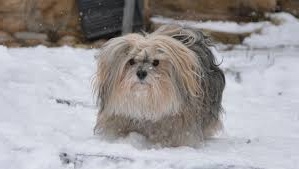
Main characteristics :
- Sweet and affectionate temperament
- Good humor and a cheerful attitude
- Sociable with humans and other animals
This dog loves to move and enjoy a variety of activities. He's a good companion for families and active people.
| Features | Detail |
|---|---|
| Origin | Cuba |
| Category | Companion dog |
| Size | Small |
| Personality | Friendly, playful, energetic |
Its easy adaptability and endearing character contribute to its growing popularity.
The Bernese Mountain Dog
The Bernese Mountain Dog is one of Canada's top 10 favorite breeds.
It often ranks around eighth or ninth nationally.
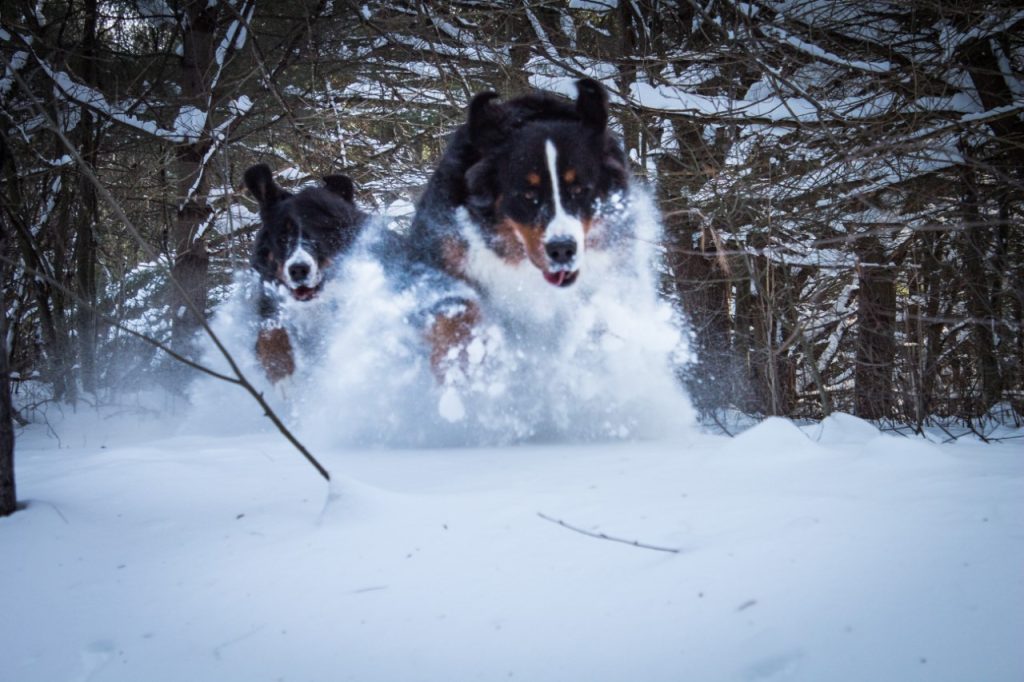
Here are some key facts:
| Origin | Applications | Special features |
|---|---|---|
| Swiss mountains | Herdsman | High resistance to cold |
| Load tractor | Thick coat | |
| Rescue dog | Adaptable to harsh climates | |
| Blind guide (Canada) |
We recognize its strength, endurance and gentle temperament.
Its thick coat protects it well during Canadian winters.
The Bernese Mountain Dog isn't just a working dog: it's also a beloved family companion.
About the Australian Shepherd
The Australian Shepherd has seen its popularity soar in Canada over the last ten years. It has even surpassed well-established breeds like the Bernese Mountain Dog.
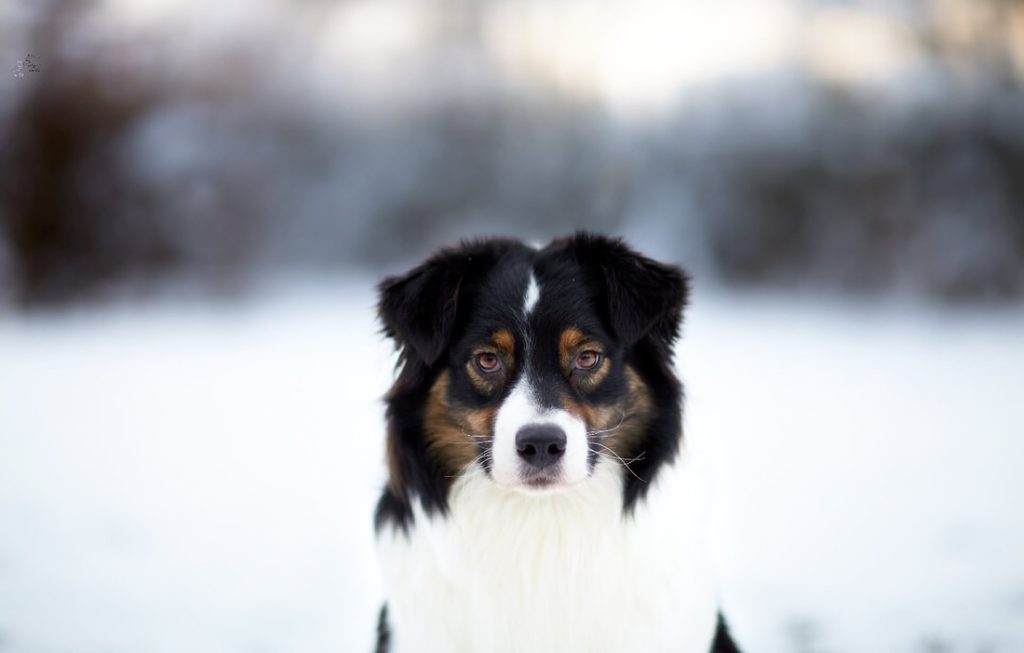
Despite its name, it's not from Australia. His origins lie in the United States. This dog shows impressive talents in several areas:
- Herd management
- Tracking and cavage
- Guard
- Assistance for the blind
They integrate easily into family life, especially if their owners give them plenty of space and exercise. Prolonged inactivity doesn't suit him at all.
Active families with a garden, or those who like to go for regular walks, are often happy with it.
| Features | Detail |
|---|---|
| Origin | United States |
| Applications | Work, family, assistance |
| Need for activity | High |
Yorkshire
The Yorkshire is noted for its small size and boundless energy. Originally used for hunting thanks to its agility, today it's a popular pet.
They still have a strong temperament, true to their terrier heritage. In Canada, they have long been among the favorite breeds, even if their popularity has slipped in recent years.
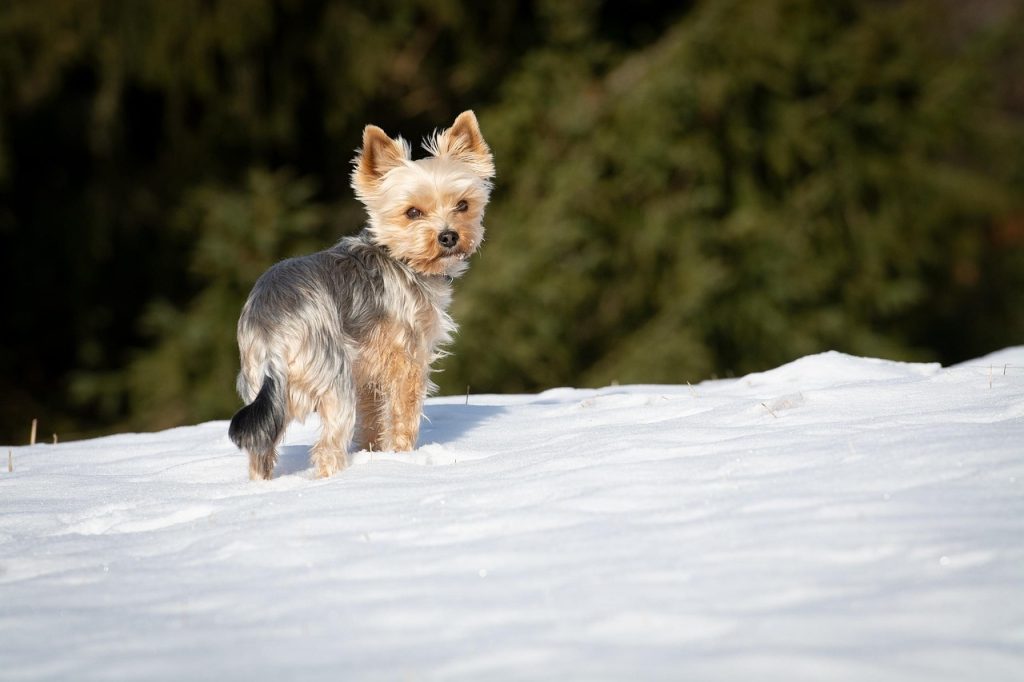
Yet it remains one of the top ten breeds.
Main features :
| Size | Small |
|---|---|
| Temperament | Energetic, assertive |
| Use | Companion dog |
He needs to exercise often to stay in shape. Despite his miniature size, he remains curious and lively.
These dogs are equally at home in the city or the country, as long as they are given time and exercise.
How to adopt a dog in Canada
Adopting a dog in Canada can be well worth the effort, especially if you're looking for a breed that's rare or hard to find elsewhere.
Some popular dogs, like the Labrador Retriever or Golden Retriever, are everywhere, but others, like the Havanese or Canadian Inuit Dog, are mostly found here. For those who absolutely want these breeds, Canada appears to be the best option.
Why choose Canada for adoption?
- Canadian breeds hard to find outside the country
- Specialized breeders
- Opportunity to discover unique local dogs
When you decide to come to Canada to meet a breeder or a shelter, you need to take the time to organize your trip properly. If you come from France, Belgium or Switzerland, you generally don't need a visa for a stay of less than six months, which simplifies everything.
Adopting a dog in Canada: local breeds, climate and practical advice
On the other hand, you absolutely must request a Electronic Travel Authorization (AVE) for the plane. This document costs around 20 euros and is best obtained before you leave.
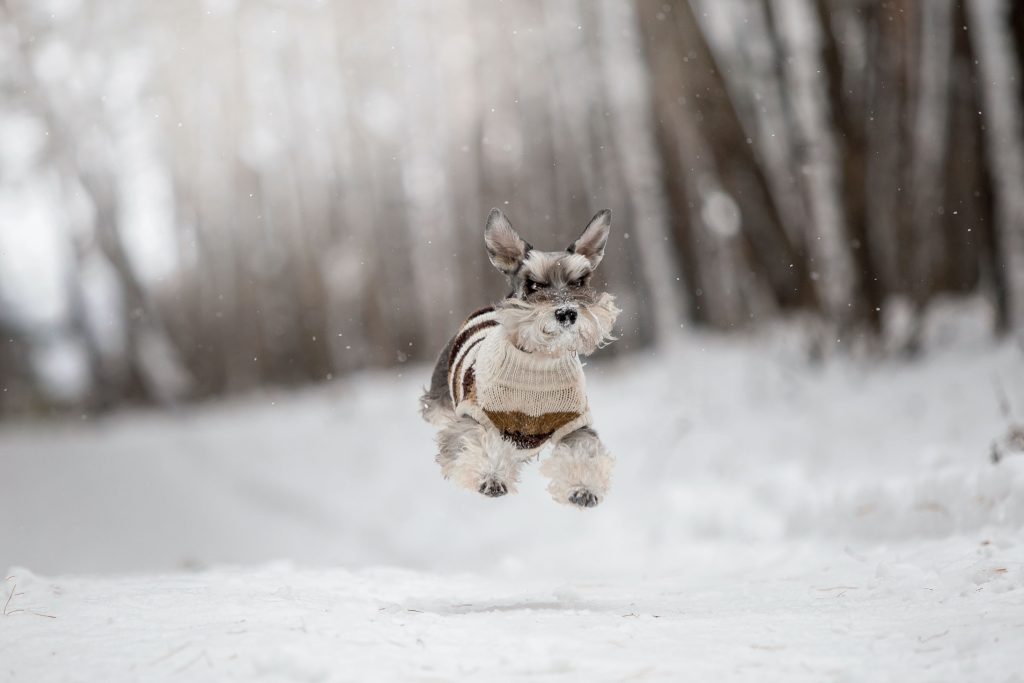
Before arriving, it's best to contact the breeder or shelter in advance. This way, you can check the availability of puppies or adult dogs, and find out about adoption procedures.
Here is a short list of things to prepare before you leave:
- Check breeder/refuge reputation
- Reserve a dog for adoption
- Find out about health and care needs
- Make an appointment to meet the dog
Once you've arrived, you'll need to collect all the papers you need to take your dog home. These include
| Documents to obtain | Usefulness |
|---|---|
| Health certificate | Check that the dog is in good health |
| Vaccination booklet | Certifies that mandatory vaccinations are up to date |
| Proof of identification | Specify race, gender, color, etc. |
Good to know:
The rules for importing a dog vary according to the country you come from. It's best to check import requirements before making any arrangements.

After adoption, it's time to think about getting your dog back home. This sometimes requires :
- An adapted transport case
- Veterinary certificates, translated if necessary
- Declaring the animal to customs
With the right preparation and early information, you can adopt a dog in Canada without too much stress, and bring home a unique companion.
Conclusion Popular dogs in Canada
In short, the Canada has established itself as a country where dog plays a central role in everyday life. Emblematic breeds such as the Labrador Retrieverthe Golden Retriever or the German Shepherd illustrate the balance between company, work and adaptation to canadian climate. Whether you live in city apartment or in a house with gardenthere's a breed to suit your lifestyleto your family needs and local climatic conditions.
Adopting a dog in Canada also appeals to more and more people.foreigners in search of rare breedsas the Havanese or the Canadian Inuit Dog. Thanks to breeder qualityto Canadian Kennel Club (CKC) standards and a simplified import procedurethe Canada becomes a destination of choice to find a faithful, well-balanced companion.
So, whether you're in Canada or abroad, choosing a dog here means opting for a dog that's right for you. loyal, well-behaved companion to your everyday life. One step at a time responsible, enriching and full of love !
Frequently asked questions FAQ
What breed of dog dominates Canadian households?
The Labrador Retriever remains the favorite choice of many Canadian families. This dog is often recognized for its kindness, intelligence and loyalty to household members.
What breeds of sheepdog are most common in Canada?
Some notable shepherd breeds in Canada include the German Shepherd, the Australian Shepherd and the Shetland. These dogs are distinguished by their ability to learn quickly and their usefulness as companions and working dogs.
Which large dog breeds appeal most to Canadians?
Popular breeds include the Bernese Mountain Dog, Golden Retriever and Labrador Retriever. These dogs are appreciated for their well-balanced temperament, robustness and ease of adaptation to family life.
What breed of dog is unique to Canada and little known elsewhere?
The Labrador Water Dog is a typical Canadian breed. It is not widely distributed in other countries, but is renowned for its swimming ability and resistance to the cold.
What type of dog adapts best to Canada's climate?
Dense-coated dogs like the Siberian Husky, Alaskan Malamute or Newfoundland are particularly well suited to Canadian winters. Their thick coats protect them well during cold weather.
What are the most common red-coated breeds in Canada?
In Canada, breeds like the Golden Retriever and Nova Scotia Duck Tolling Retriever are often seen. Many people choose these dogs for their friendly temperament and superb golden or red coat.







